Money Vigilance
I tend to live my life in extremes. For a long time, I was so money avoidant, I convinced myself I could “feel” when bills were due and tried to move through life without the stress and hard work of taking care of much less ever looking at my money. The fog was thick. The consequences of denying this responsibility were pretty clear: withdrawing from retirement to pay for credit card bills, anxiety, health problems, a chronic inability to save, still being treated like a child in my family of origin on all business matters and constantly avoiding difficult conversations in my relationships. Something had to give.
One step in the right direction was quitting my classroom teaching job and subsequently starting a tutoring business. I was winging it and marched forward without a payment policy, a mentor or paying taxes. I also foolishly opened an S-CORP. I wasn’t earning nearly enough money to make that worthwhile. One of the most painful money memories of my life was the tax bill that year. I owed over twelve thousand dollars and had no savings. I was barely making ends meet while attempting to continue traveling and partying in San Francisco like always.
I had to get honest, get real and get educated. I tried reading books, attending webinars, working with my own software tutor, pouring through bank statements and boxes of receipts and even traditional financial therapy. At the end of this string of attempts to become financially educated, I hired a money coach. I discovered it was an inside job. And about feeling the feelings. And persevering and discipline and asking for help. I have since learned that not asking for help is a trauma response, so when I feel myself stumbling, in any area of my life, I know it’s time to activate my support network. It’s hard to do and excruciating at times, but a necessary form of adulting.
If you’re stuck in a pattern of avoiding money, you may consciously or subconsciously believe that money is bad. Financial psychologist Brad Klontz suggests that you, “Do well, by doing good. Generate a list of ideas regarding how having money can be good for you and/or beneficial for the world (e.g. philanthropic pursuits). Share the list with a close friend or confidant. Or create a mantra for yourself, telling yourself why it is okay for you to have money. Keep the mantra or list near where you pay your bills or interact most with your personal finances. For example, in your wallet or by your computer.”
I am now quite money vigilant. It still surprises me to the day. I login to my primary bank accounts daily, sometimes multiple times. The other day, I rolled out of bed, grabbed my phone and logged in again. To me, that’s overdoing it and I don’t recommend that. I was off balance and had taken vigilance too far. I have to work hard to be with uncertainty, patient and remain flexible, but the more I let go of old patterns of black and white thinking, the easier it becomes. Money is a life-long relationship so we might as well make the best out of it. One thing I know for sure, we cannot do it alone.
Klontz also warns, “Don’t let your healthy vigilance turn into anxiety or a tendency to hoard out of fear. If you feel that watching over your financial situation is taking up more than an hour a week, keeping you up at night, or getting in the way of other hobbies or activities that you want to do, it may be time for a change. You can set an intention to actively spend less time worrying about your financial status. For example, if you spend an hour a day reviewing your portfolio, consider 30 minutes each day or an hour every other day. Keep scaling back, and make a mental note or write out on a sticky note kept near your computer, that you are exactly where you need to be and are on track to meet your financial goals.”
In my relationship with money, I am striving to remain present. The Buddhist tradition describes the middle way where we’re not grapsing nor averse, not indulgent or in self-denial and neither avoidant or overly vigilant. In this state, peace of mind and financial freedom are truly available to us all.


